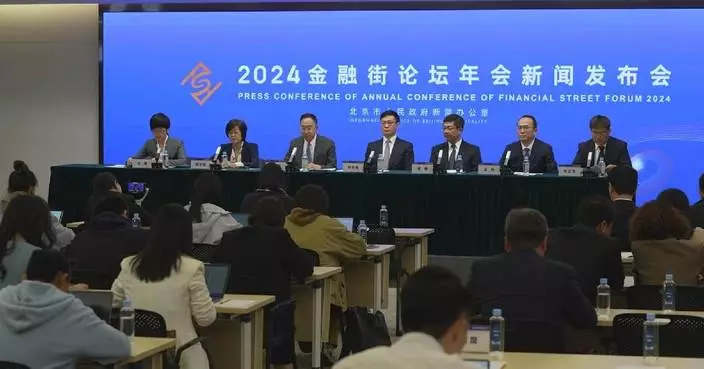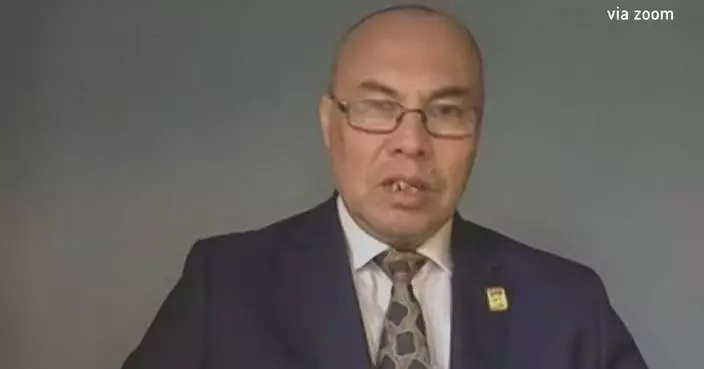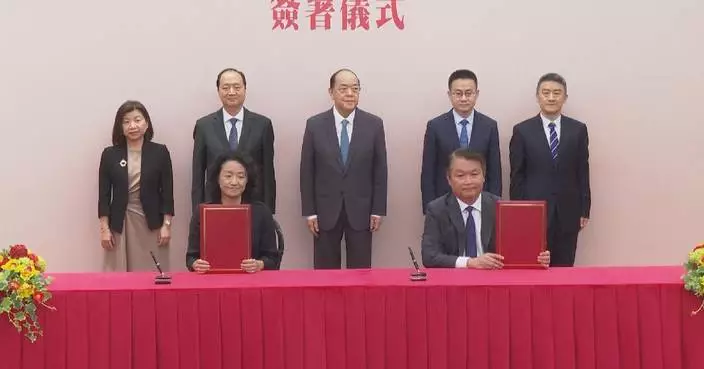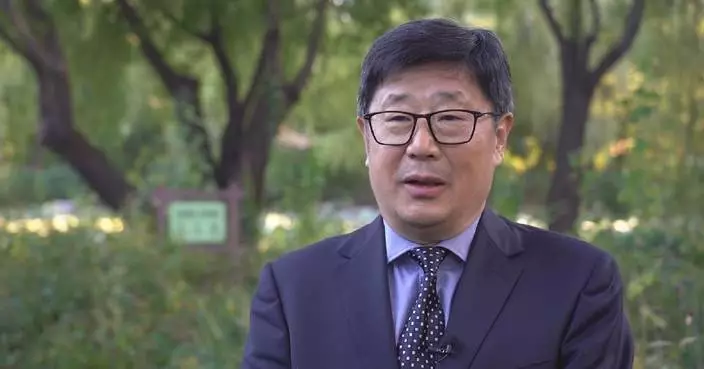U.S. consumer inflation in September increased 2.4 percent from a year ago after climbing 2.5 percent in August and 2.9 percent in July, the U.S. Labor Department reported Thursday.
According to the report released by the Bureau of Labor Statistics, the Consumer Price Index (CPI) -- a broad measure of goods and services costs across the U.S. economy -- increased 0.2 percent on a seasonally adjusted basis in September, the same increase as in August and July.
The latest inflation report showed that the so-called core CPI, which excludes food and energy, increased 0.3 percent in September, as it did the preceding month. In July, it rose 0.2 percent.
The core CPI has risen 3.3 percent over the last 12 months, indicating continued inflation pressure. In August, the 12-month core inflation rate held at 3.2 percent.
The index for shelter rose 0.2 percent in September, and the index for food increased 0.4 percent. Together, these two indexes contributed over 75 percent of the monthly all-items increase.
The energy index fell 1.9 percent over the month after declining 0.8 percent the preceding month.
Indexes that increased in September include shelter, motor vehicle insurance, medical care, apparel, and airline fares. The indexes for recreation and communication were among those that decreased over the month.
After its meeting on Sept 17 to 18, the U.S. Federal Reserve (the Fed) slashed the target range for the federal funds rate by 50 basis points, placing them in a range from 4.75 percent to 5 percent. The move, which came amid cooling inflation and a weakening labor market, marked the first rate cut in over four years and signaled the start of an easing cycle.
U.S. Fed Chair Jerome Powell has said that if the economic data stay stable, future rate cuts are expected to be smaller than the half-percentage-point reduction in September.
The Fed will hold its next policy meeting from Nov 6 to 7. As of Thursday, the probability of the Fed cutting rates by 25 basis points at the November meeting is over 80 percent, showed the Chicago Mercantile Exchange Group's FedWatch Tool, which acts as a barometer for the market's expectation of the target rate for federal funds.

U.S. CPI up 2.4 pct in September as inflation continues to cool









